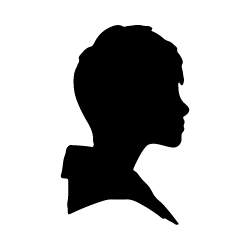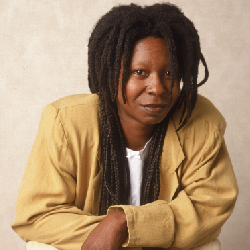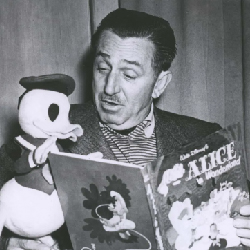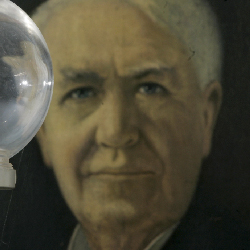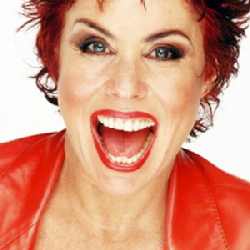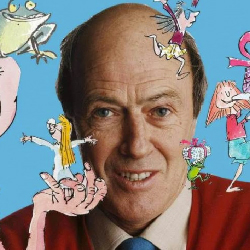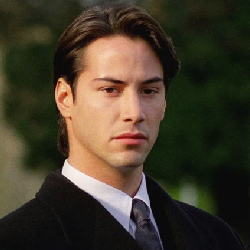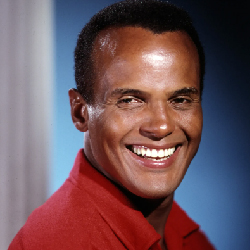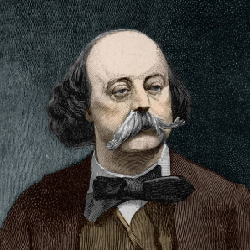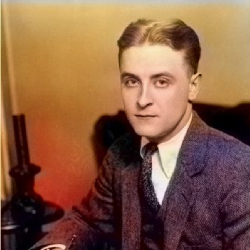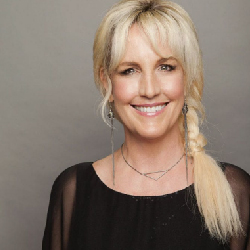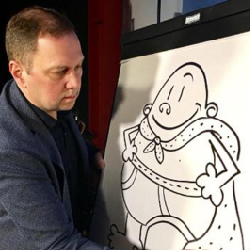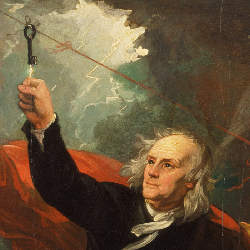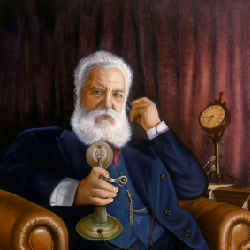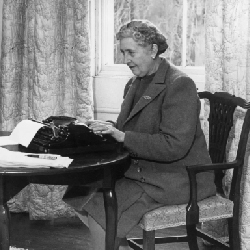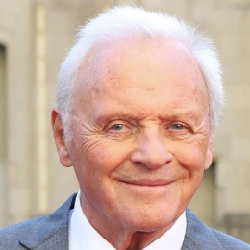Dyslexia
Reading difficulty? Spelling troubles? Suspect dyslexia?
Get help right away.
Don’t wait until your child realizes they can’t do what their peers can already easily do. Don’t wait until it affects their self-esteem.
The earlier specialized instruction begins, the better.
At Dyslexics Read, reaching, educating, and advancing dyslexics is what we do. Using the research and evidence based Barton program, dyslexics learn with a direct, explicit, and sequentially structured one-on-one intense intervention and multi-sensory approach.
I am a certified Barton Reading and Spelling instructor and I would love to help put your child on that path to success.
Or scroll down to continue reading


If you feel your child may have dyslexia, it is important to get help as soon as possible. With instruction, support, and practice you can set your child up for success.
Fill out the form here so we can schedule your FREE screening!
Reshaping Perceptions
Welcome to our transformative journey of rebranding and reshaping perceptions of dyslexia. Here at R.E.A.D., we know that dyslexia is a unique way of thinking. Our mission is to empower both children and adults who experience dyslexia helping them unlock their true potential to thrive in a world that often fails to understand their incredible strengths.
A learning advantage marked by the unique ability to recognize and comprehend complex visual patterns.”
Everybody
is a genius, but if you judge a fish by its ability to climb a tree, it will live its whole life believing that it is stupid.”
Positive attributes of Dyslexia
A gift in so many ways.

Wonderfully Imaginative
“Logic will get you from A to B. Imagination will take you everywhere.”
“Imagination is more important than knowledge. Knowledge is limited. Imagination encircles the world.”
– Albert Einstein, Dyslexic

Strong Visual Memory / Narrative Reasoning
– Channing Tatum, Dyslexic

Excellent Puzzle Solving Skills
– Thomas Edison, Dyslexic

Great Conversationalist
– Criss Jamie, Dyslexic

Gifted in Math and Mechanical Abilities
“Life is a math equation. In order to gain the most, you have to know how to convert negatives into positives.
– Anonymous

Great at Seeing the Big Picture
– Dustin Henderson, Dyslexic student

Thinking Outside of the Box
– Bill Gates, Dyslexic

Good at Sports
– Scott Sonnon, Martial Arts World Champion, Dyslexic

Highly Creative
– Orlando Bloom, Dyslexic

Great Critical Thinker using Logical Reasoning
– Erin Brokovich, Dyslexic

Brilliant Visual-Spatial Reasoning making for good 3-D Thinkers
– Walt Disney, Dyslexic

Great Verbal Skills and Story Tellers
– Alex Elle, Author, Dyslexic
Understanding Dyslexia
Dyslexia isn’t just b/d letter confusion, and it’s important to know that signs of dyslexia can vary from day to day, minute to minute. There are seven different types of dyslexia. For an idea of some of the challenges that visual dyslexics have, see the video below:
Words Look like What?!?
Signs of Dyslexia
Do you suspect dyslexia?
Most dyslexics show signs of at least 10 of the following…
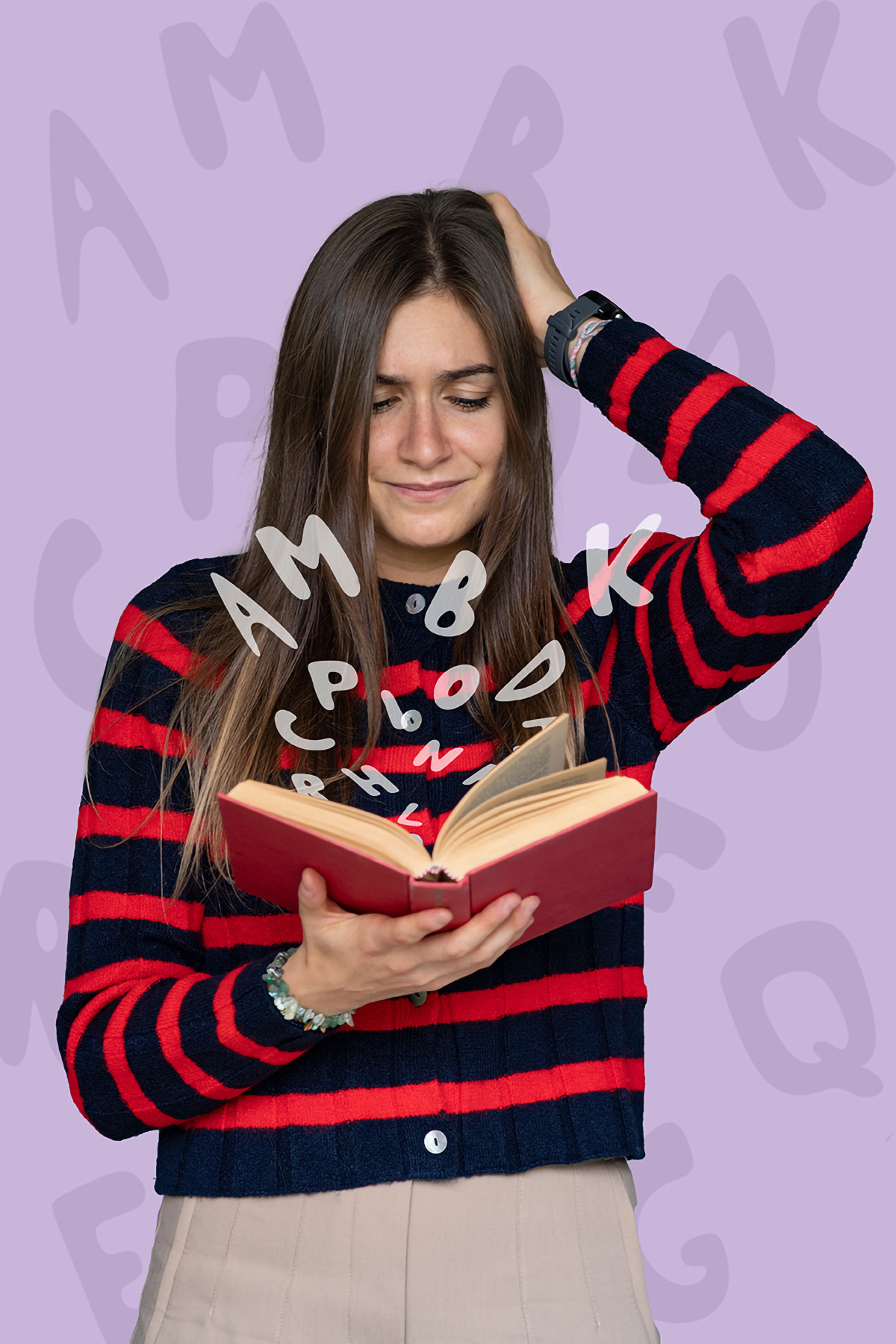

- Has poor decoding skills
- Lack of phonemic awareness
- Relies HEAVILY on memorization

- Struggles with pencil grip
- Has illegible handwriting

- Had chronic ear infections

- Trouble learning numbers,
alphabet, months, shapes, etc. - Slow to learn a new skill
- Has difficulty rhyming words
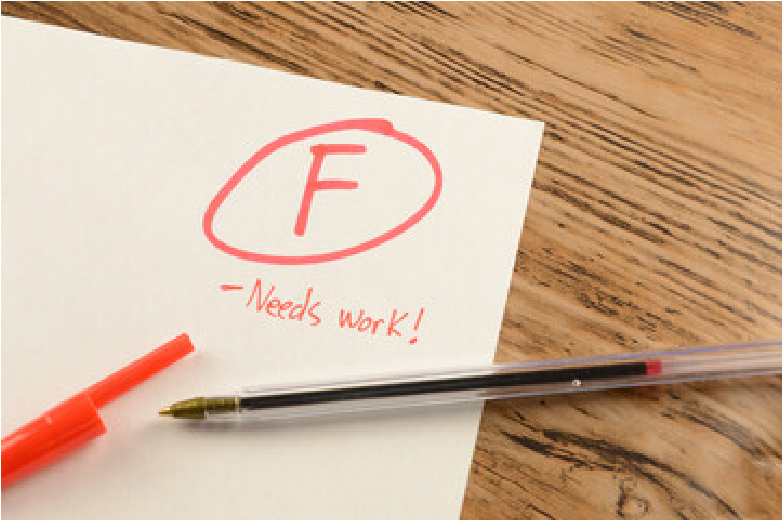
- Earns poor grades,
yet is an intelligent student - Easily annoyed/angered/ saddened by school testing

- Prefers oral presentations to essays
- Avoids writing tasks
- Makes letter transpositions (felt/left)
- Unable to find the right word

- Confuses left/right
- Baffled by before/after, up/down
- Has difficulty following directions

- Has low self-esteem
- Uses complex compensation strategies to hide weaknesses

- Appears lazy or unmotivated
- Loss of interest in school
- Unable to master a foreign language

- Reads more slowly than others
- Exhibits poor fluency
- Avoids reading aloud
- Reads inaccurately
- Makes substitutions (house, home)
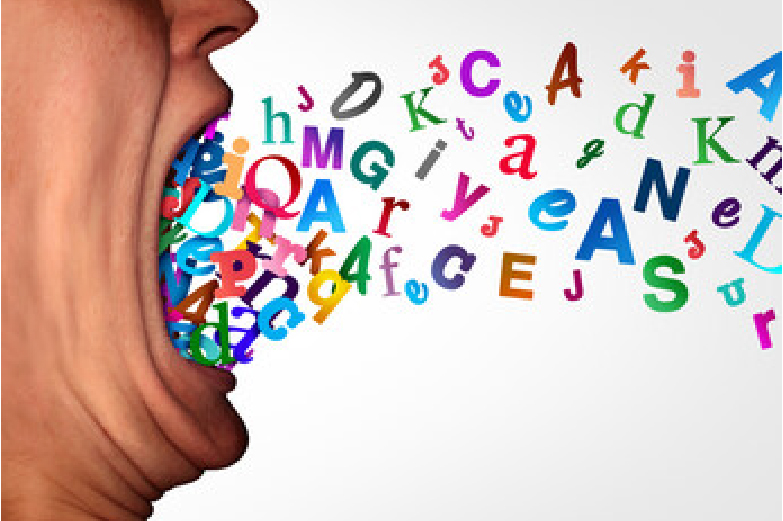
- Speaks later than most children
- Has slow vocabulary growth

- Has difficulty tracking text
- Text appears double or blurred
- Text goes in and out of focus
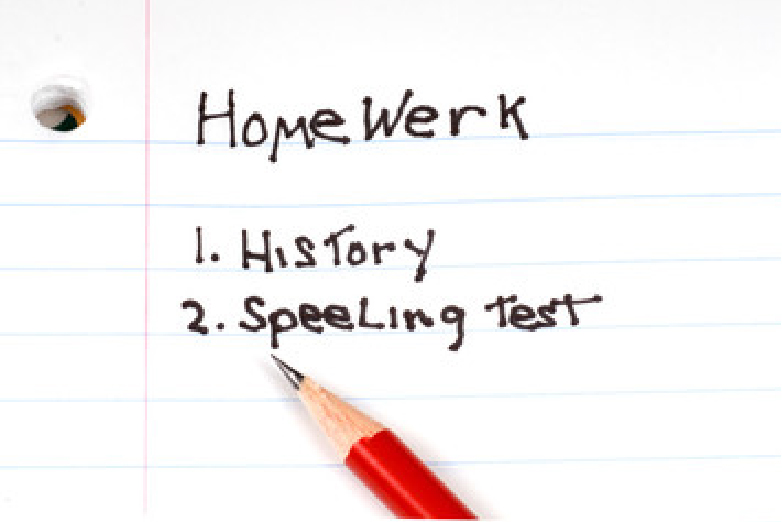
- Has difficulty spelling
- Spells same word differently
in same writing sample - Makes letter inversions (m/w)
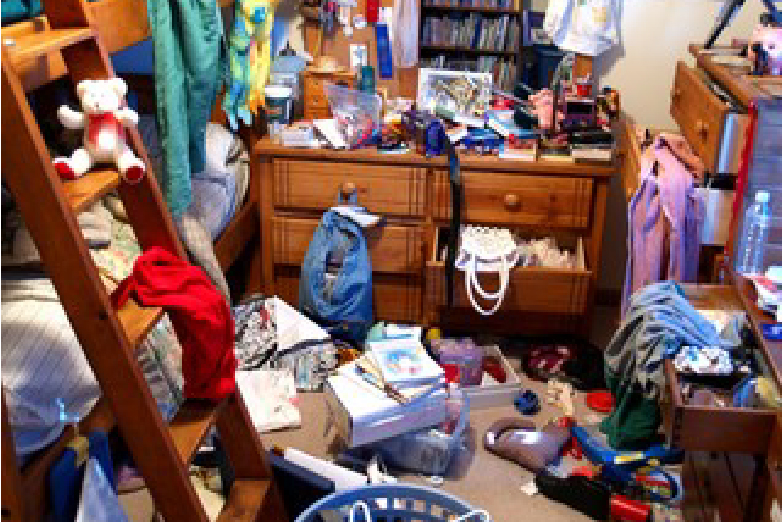
- Keeps an extremely messy bedroom
- Has messy backpack, desk, locker, etc

- Gets headaches when reading
- Suffers from eye strain when reading

- Has close relative with dyslexia!
Did you know?
Math/Science
More than
50% of NASA employees
are dyslexic.
IQ
Dyslexia is
not linked to IQ.
Albert Einstein was dyslexic.
Success
Around 40% of
self-made millionaires
are dyslexic.
Learning
Dyslexia is not a disease. It is
a learning style.
Statistics
An estimated
40 million adults
have dyslexia,
although only 2 million
have been diagnosed.
Teaching
For reading challenged kids, the
high school dropout
rate is 62%. This
can be avoided
by teaching in a way they learn.
ADHD
About 30% of
dyslexics also have ADHD.
Innovative
In people with dyslexia,
creativity and intelligence
are very high.
Hereditary
Dyslexia
runs in families.
Thinking
Most dyslexics
think in pictures
which is estimated to be
400 to 2,000 times faster
than verbal thinking.
Brain
Dyslexic
brains are 10% bigger
than non-dyslexic brains.
Holistic
Dyslexics are
holistic thinkers
rather than linear thinkers.
Let’s teach everyone in the way they learn best so they can become all they are meant to be.
Famous people with Dyslexia
who have succeeded greatly
Roald Dahl
• Author of Charlie and the Chocolate Factory
• Author of James and the Giant Peach
• Author of Matilda
Roald Dahl
• Author of Charlie and the Chocolate Factory
• Author of James and the Giant Peach
• Author of Matilda
Can you relate?
Be an advocate for your child!
Click above to learn how you can work with your child’s teacher to help your child in school.
Read well, but can’t spell?
Dysgraphia
Although dysgraphia and dyslexia have similarities, dysgraphia is a different condition. Where dyslexia creates challenges with reading, dysgraphia creates challenges with written expression.
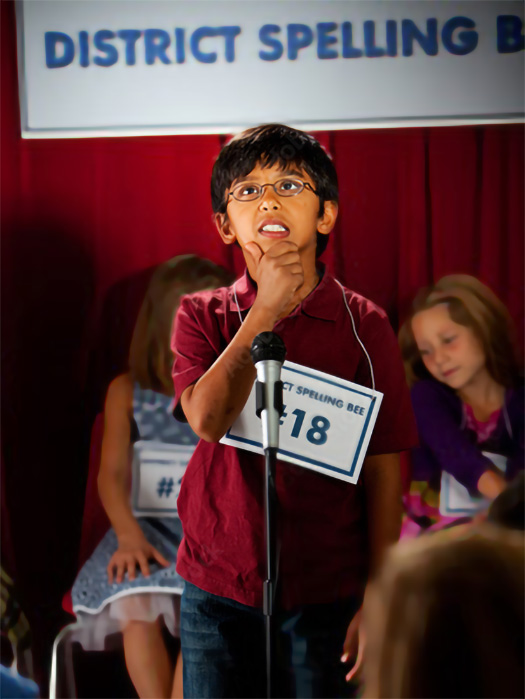

How about Math?
Dyscalculia
Dyscalculia is not a form of dyslexia, but it isn’t uncommon for those with dyslexia to struggle with it.
Read well, but can’t spell?
Dysgraphia
Skills and brain functions necessary for writing:
-
- fine motor skills
- spatial perception
- working memory
- orthographic coding
- language processing
- conceptualization
- organization

Challenges associated with dysgraphia include:
- Incorrectly holding a writing tool
- Difficulties writing in a straight line
- Illegible handwriting
- Poor letter formation
- Inappropriate letter sizing
- Improper spacing between words in a sentence
- Poor spelling
- Slow rate/speed of writing
- Incorrectly ordering words in a sentence
- Omitting words from a sentence
- Writing letters in reverse
- Having trouble recalling how letters are formed
- Struggling to form sentences with correct grammar
- Struggling to form sentences with correct punctuation
- Knowing when to use upper and lower case letters

Boggled by Math?
Dyscalculia
Dyscalculia = difficulty with math
Dyscalculia is not a form of dyslexia, but those with dyslexia may struggle with it. Dyscalculia affects 3-6% of children, and includes difficulties, such as
-
-
- Wrestles with organizing numbers
- Grapples with telling time on an analog clock
- Toils over reasoning and problem solving
- Struggles with math facts and basic math skills
- Labors over computing numbers
-
My name is Mary Anderson

I am a
certified Barton Reading & Spelling tutor.

My calling in life is to help children and adults who struggle with reading and spelling succeed.
We are so grateful that our paths have crossed with you! Your patience, professionalism and thoughtfulness are three traits out of many, that make you an amazing human.
Words can not adequately describe just how blessed we are to have you in our lives. There has been such tremendous growth in the girls, not just academically, but emotionally and spiritually that you had a big hand in bringing about in our daughters.
We can see everyday just how much you care for your students and your passion for teaching us is unmatched! Thank you so very much for all of your time and energy you pour into our girls. We are so glad to have you in our home and in our hearts.
Thank you Mary! You have been such a help to my teenage son and his confidence! Thank you for all your support and patience – you’ve been a godsend. Have a wonderful summer!
Mrs. Mary was referred to us by friends of ours who use her for their son. She has been an absolute LIFE CHANGER in our son, Ethan’s, life! In just a few months, not only has his reading and writing skills improved exponentially, but his confidence in himself is what we are even more grateful for. We did not expect to see such a huge all-around improvement in our son. Thank you for all you have done Mrs. Mary! We can not recommend Mrs. Mary enough!!
Mary you have such a tender, kind, nurturing demeanor and could connect with my son on a different level.
My boys feel that Mary is the by far the best tutor that they have ever had. Looking forward to seeing her soon!
About Dyslexics Read
My name is Mary Anderson and I am a former PRAXIS certified teacher and current certified Barton Reading & Spelling tutor. My calling in life is to help struggling children and adults succeed. For children, teenagers, and adults who want to overcome reading and spelling difficulties due to dyslexia, the Barton program is a research and evidence based intense intervention and multisensory approach that addresses the challenges associated with dyslexia. It would be my absolute pleasure to lead you in your quest to conquer your reading and spelling challenges. To do this, I will gladly
- make house calls for one-on-one in-person tutoring
- tutor via zoom for your convenience.
If you or someone you know is interested in learning to read and spell using this direct, explicit, and sequentially structured literacy program to overcome challenges associated with dyslexia, please contact me using the form here:
Apply for our team!
Ready to get started?
We would love to help your child on their path to success!If you feel your child may have dyslexia, it is important to get help as soon as possible. With instruction, support, and practice you can set your child up for success.
Click here to schedule a FREE screening





